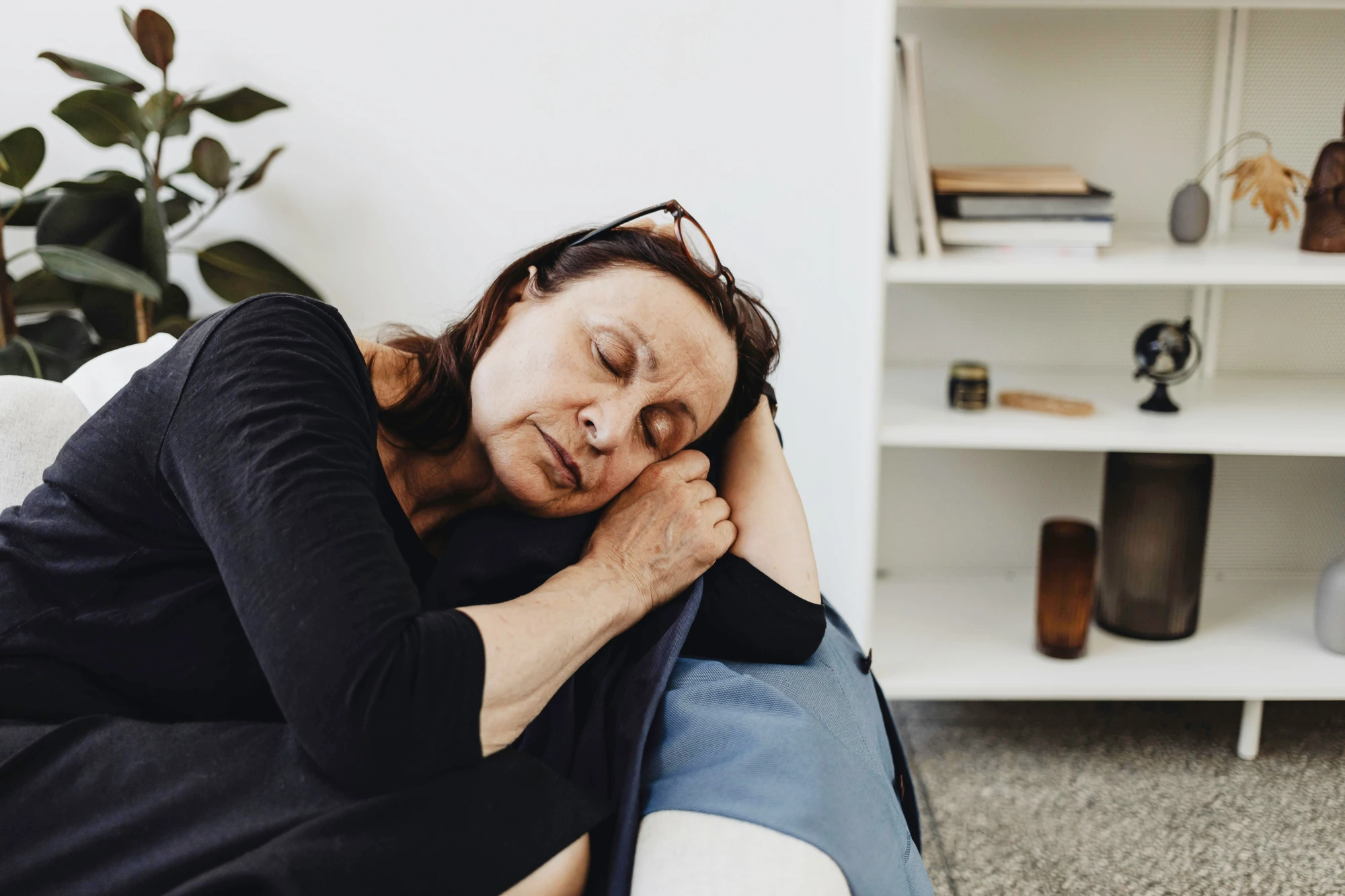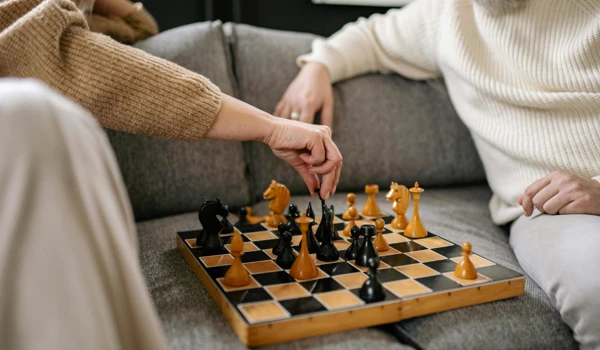Sleeping in later life
We all experience difficulties staying or falling asleep sometimes, however these issues are particularly common in older people due to the natural changes that our circadian rhythms go through as we age.
What happens to our circadian rhythms in later life?
Your circadian rhythm is often referred to as your ‘body clock’ and is the internal process that responds to light to regulate the feelings of sleepiness and wakefulness in a roughly 24-hour cycle. Differing from person to person, your circadian rhythm causes your feelings of wakefulness to rise and fall throughout the day.
Later in life, your regular body clock can begin to change which in some cases, results in disrupted sleep or difficulty falling asleep to begin with. You may start to become more tired earlier in the evening and wake several times during the night.
How much sleep should I be getting?
Changing throughout the different life stages, the amount of sleep you need depends on a number of different factors such as your age, gender, health and lifestyle.
For those aged 65 years and over, it is generally recommended that you get between 7-8 hours of good quality sleep per day. However, the NHS states that if you wake up tired and feel tired for most of the day, it is likely that you're not getting enough sleep.
Why lack of sleep can be bad for your health
A good night’s sleep is vital for our overall health and wellbeing. Not only can sleep deprivation cause short term side effects to our emotions such as irritability, lack of focus and lower moods, not getting enough sleep can be detrimental to our physical health too.
Increases risk of suffering from chronic medical conditions
Not getting enough sleep makes you prone to a number of serious medical conditions such as high blood pressure, diabetes, and heart disease. It’s also been linked to an increased risk of obesity and even dementia.
Impacts your mental wellbeing
We’ve all experienced the grumpiness and irritability that comes from a night of bad sleep, but consistently failing to sleep well can lead to longer term mental health issues such as depression and anxiety.
Find out more about looking after your mental health in later life.
Impairs your cognitive function
Sleep is critical for helping us to think clearly, make important decisions and access our memories. Not getting enough sleep impairs our overall cognitive function and can make it harder to:
- Focus and pay attention, effecting performance and productivity
- React quickly to things, making driving and other tasks dangerous
- Feel creative or inspired
- Remember things
Decreases your longevity
Good sleep has been linked to a longer, healthier life, with one 2010 study finding that sleeping less than six hours a night makes you 12% more likely to die prematurely than someone who sleeps up to eight hours.
Insomnia in later life
Insomnia is a sleep disorder that occurs if you regularly find it hard to go to sleep, wake up several times during the night, and find your mood is effected throughout the day due to your lack of sleep. It can be fairly common in older people, with one study finding 43% of older adults suffering with a mild form of the condition.
There’s a number of causes including some chronic illnesses and medications, mental health issues such as stress and depression or even environmental factors such as an uncomfortable bed or disruptive noises.
If you think you may be suffering from insomnia, visit your GP. They can help to find the cause of your sleeping issues and offer advice on the best treatment.

Top tips for better sleep
Make sure your room is comfortable
Make sure your bedroom is a relaxing environment. Keep it dark, tidy and at a temperature that’s comfortable for you.
Upgrade your bedding and invest in a new mattress if needed – one study found this increased sleep quality by as much as 60%!
Get plenty of exercise
Exercise is scientifically proven to improve your sleep.
If possible, make sure you are getting enough exercise each day and monitor the effect this has on your sleeping habits. Be careful not to do too much exercise too late in the day, as this can have the opposite effect and make sleeping harder, due to its stimulatory effects.
Keep your caffeine intake low
Depending on how sensitive you are to the effects of caffeine, you should keep your intake low in the afternoons and evenings.
Cut down on screen time
Exposure to light late in the evening can negatively impact your circadian rhythms, as it tricks your brain into thinking it’s still daytime. The blue light that comes from smartphone and computer screens is by far the worst for you in this regard, as it suppresses melatonin production, which is the hormone responsible for telling you to get tired and go to sleep.
Avoid this exposure by cutting down on screen time in the few hours before bed. Alternatively, switch to the night mode options that are available in some apps or download an app that blocks blue light in your smartphone.
Wind down before bed
Your body needs time to ‘prepare’ for sleep, so it’s important to wind down before you go to bed.
Take a warm bath or do some relaxation exercises such as yoga, stretching or meditation. Read a book, listen to calming music or light a scented candle.
Stick to a consistent schedule
Sticking to a regular sleeping schedule will help programme the brain and keep your circadian rhythm to a set routine.
Try to go to bed and wake up at similar times each day.
Getting help for sleep problems
The NHS has a fantastic sleep self-assessment tool which gives you a ‘sleep score’ and offers some tips, tricks and advice for improving your sleep.
If the self-help tips listed above don’t make noticeable improvements to your sleeping, you could consider getting sleeping aids from your pharmacy or trying herbal remedies.
See your GP if symptoms are persistent and if your lack of sleep is impacting your day to day life. They can help pinpoint the cause and offer appropriate treatment such as medication or therapy.
Next steps

Healthy eating and nutrition in later life
Eating healthily is important for all of us no matter what stage of life we’re in, however ensuring you have plenty of nutritious foods in your diet throughout later life will help you stay active and healthy for longer.

Exercise advice for people over 65
Living an active lifestyle is a good idea for all of us, with even small levels of exercise and activity massively contributing to overall physical and mental health.

Looking after your mental wellbeing
Living a healthy lifestyle in old age is not just about looking after your physical health and fitness, but about making sure that you look after your mental wellbeing too.
